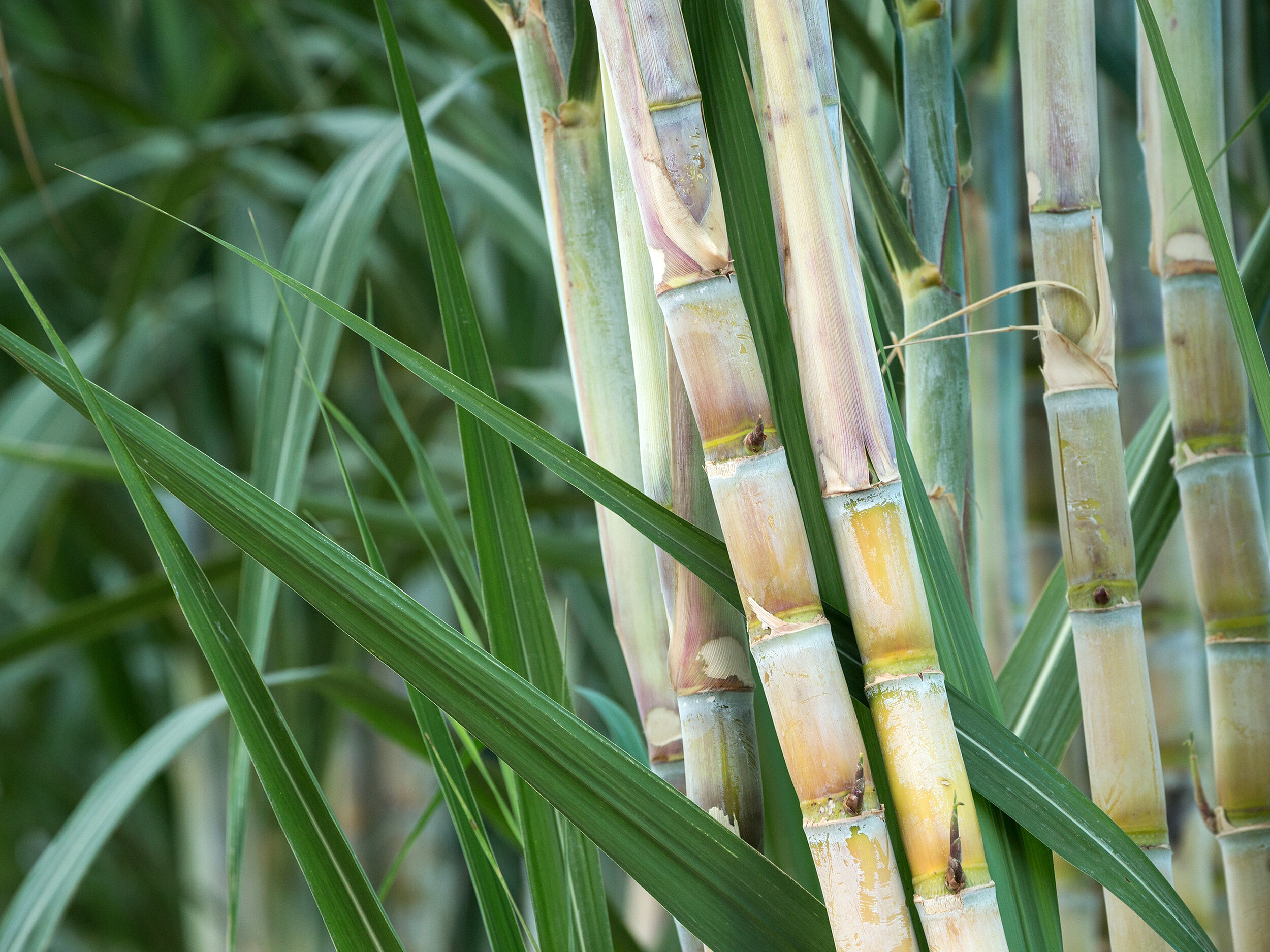Sustainable Sugarcane Products: From Sweeteners to Eco-Friendly Item
The possibility of sustainable sugarcane products extends beyond traditional sweeteners to incorporate a series of green items, providing a compelling case for their integration right into modern consumer techniques - sugarcane product. As the world faces pushing environmental issues, sugarcane becomes a flexible source capable of dealing with both nutritional demands and sustainability objectives. This conversation will certainly discover exactly how innovations in sugarcane cultivation and handling can result in substantial developments in biodegradable product packaging and eco-conscious fabrics. What implications might these growths have for future customer options and environmental influence?
Summary of Sugarcane Sustainability
As the demand for ecologically pleasant products grows, understanding sugarcane sustainability comes to be significantly important. Sugarcane, a flexible crop, is cultivated primarily in exotic and subtropical regions, and its sustainability is critical for both ecological health and economic practicality. Sustainable sugarcane farming methods concentrate on minimizing environmental influence while making the most of performance and productivity.
Trick facets of sugarcane sustainability consist of reliable land use, reduced chemical input, and improved water administration. Practices such as crop turning, integrated pest monitoring, and organic fertilizing contribute to soil health and biodiversity. Additionally, cutting-edge technologies, such as precision farming, help optimize source use and decrease waste.
Furthermore, sugarcane is a renewable energy, with spin-offs that can be utilized in numerous industries, from biofuels to eco-friendly plastics, consequently decreasing reliance on nonrenewable fuel sources and diminishing carbon impacts. Certifications like the Bonsucro basic encourage sustainable techniques across the supply chain, advertising openness and liability.

Sugarcane-Based Sugar
Using sugarcane as a main source, sugarcane-based sweeteners have acquired prestige as natural alternatives to polished sugars and sweetening agents (sugarcane product). These sweeteners, originated from the removal and processing of sugarcane juice, use a variety of items that provide to varied customer preferences, consisting of organic and minimally processed choices
Raw cane sugar maintains even more of the all-natural tastes and nutrients located in sugarcane, making it a favored choice for health-conscious consumers. Panela, a traditional Latin American sweetener, is generated by evaporating sugarcane juice, maintaining its natural minerals and vitamins.
The expanding demand for sugarcane-based sugar is driven by boosting understanding of health and wellness and sustainability concerns related to standard sweeteners. By choosing sugarcane-derived products, consumers not only sustain lasting farming practices but likewise add to a healthier way of life, straightening their nutritional choices with their environmental values.
Naturally Degradable Packaging Solutions
Becoming a sensible option to traditional plastics, biodegradable product packaging options originated from sugarcane are changing the packaging sector. These cutting-edge products supply an eco pleasant option that deals with the growing problems over plastic air pollution. Making use of the natural sugars found in sugarcane, producers are creating numerous kinds of eco-friendly product packaging, consisting of movies, containers, and covers that break read more down much more swiftly than typical plastics.
The key benefits of sugarcane-based packaging depend on its sustainable sourcing and its ability to break down right into safe results. Unlike fossil fuel-derived plastics, which can continue the environment for centuries, sugarcane packaging commonly decays within a couple of months under correct problems. This reduction in waste not only mitigates landfill overflow however additionally lowers the carbon footprint connected with product packaging products.
Additionally, sugarcane-derived packaging maintains robust efficiency characteristics, using equivalent durability and performance to standard options. As businesses and customers increasingly prioritize sustainability, the fostering of naturally degradable product packaging solutions represents a substantial step in the direction of a circular economic situation, where official source products are recycled and regrowed as opposed to thrown out. This change not only enhances brand image yet also adds to a much more lasting future for the planet.
Eco-Friendly Textiles and Fabrics
Environment-friendly textiles and materials are obtaining grip in the fashion and home items industries as customers progressively demand sustainable alternatives to typical products. Among the notable choices are textiles derived from sugarcane, which supply an environmentally accountable option to artificial fibers. These fabrics are produced with a process that makes use of the renewable sources discovered in sugarcane, dramatically decreasing reliance on petroleum-based products.

As the market for lasting textiles broadens, consumers can look ahead to cutting-edge layouts that combine design with ecological duty. Ultimately, environmentally friendly fabrics and fabrics represent a substantial step toward minimizing the style industry's ecological footprint while providing to the growing need for responsible customer choices.
Advancements in Lasting Farming
Revolutionizing agricultural methods, advancements in sustainable farming are changing the method plants are expanded and managed. These advancements concentrate on minimizing ecological influence while maximizing effectiveness and productivity.

Moreover, agroecology, which incorporates environmental principles right into farming, advertises biodiversity and soil health and wellness. Practices such as plant turning, cover cropping, and intercropping foster resilient ecological communities that can hold up against parasites and climate variations - sugarcane product. Furthermore, making use of natural plant foods and biopesticides adds to much healthier dirts and ecological communities

With each other, these developments are not just reshaping the agricultural landscape yet also adding to a much more sustainable future for sugarcane and other crops, straightening farming experiment ecological stewardship.
Conclusion
Lasting sugarcane products represent a substantial advancement in environmentally friendly alternatives, extending from all-natural sweeteners to biodegradable goods. As consumer choices increasingly lean in the direction of lasting alternatives, the versatility of sugarcane as a renewable resource comes to be significantly pertinent.
The possibility of lasting sugarcane items extends past standard sweeteners to incorporate a range of green products, providing a compelling situation for their combination right into contemporary customer techniques. Lasting sugarcane farming techniques concentrate on reducing eco-friendly effect while maximizing performance and success.
Sustainable sugarcane products stand for a considerable development in eco-friendly options, extending from all-natural sweeteners to eco-friendly goods. The cultivation of sugarcane via sustainable practices not just improves ecological health but additionally contributes to economic feasibility. As consumer preferences significantly lean in the direction of sustainable alternatives, the flexibility of sugarcane as a renewable resource becomes progressively pertinent.